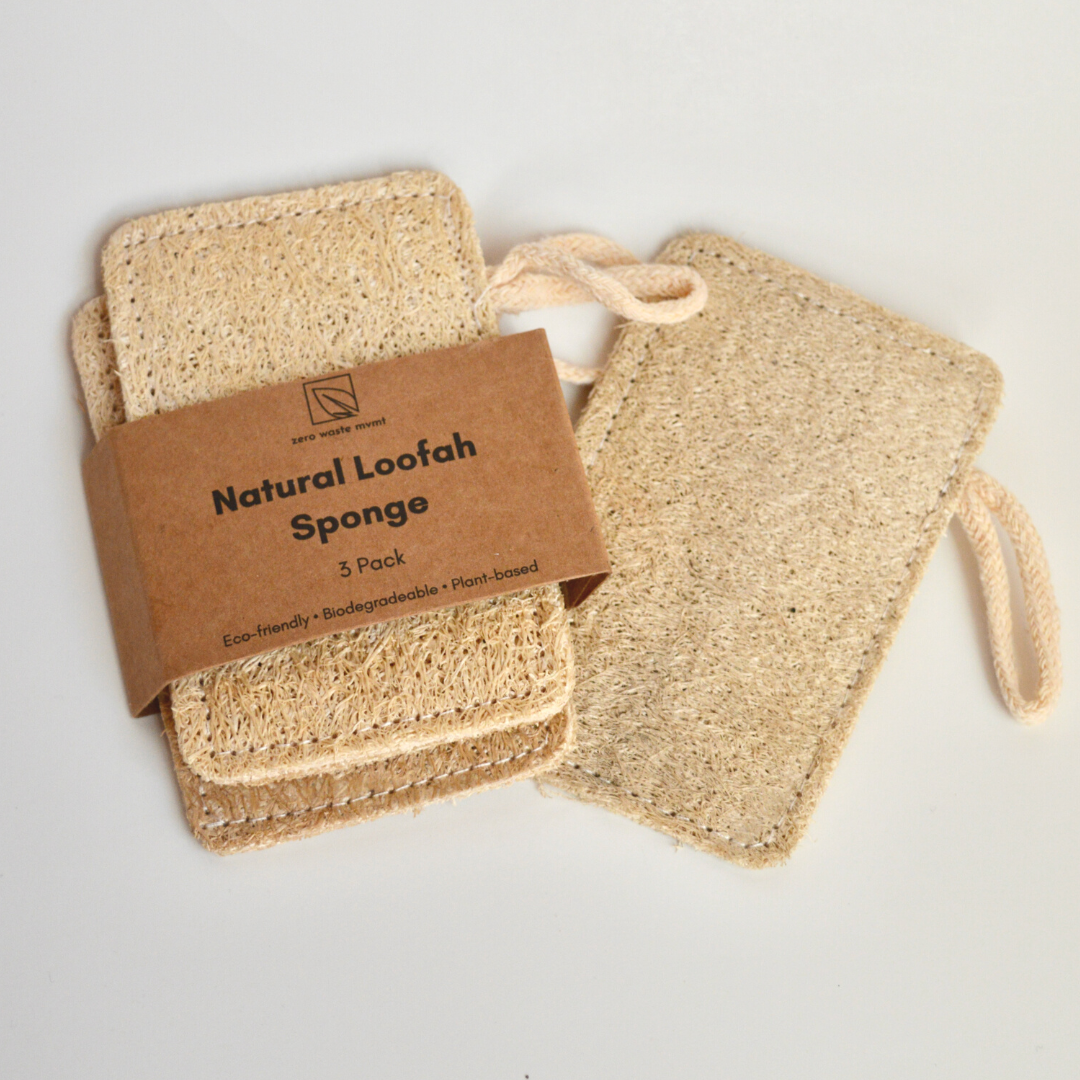If you're looking to go green and create a more eco-friendly kitchen, you're in the right place. We've included a bunch of ideas to get you started! You can have a kitchen that's both eco-friendly and functional.
1) Reduce food waste with composting
Kitchen composting is an easy and sustainable way to reduce household waste. It's a great way to turn your food scraps into valuable fertilizer for your garden. Start by collecting kitchen scraps in a compost bin or bucket. Then, mix in dry materials such as leaves, grass clippings, or shredded newspaper to help balance the moisture and carbon-nitrogen levels in the compost pile. Once your compost pile is ready, add it to your garden soil or use it to top-dress your lawn. Composting helps reduce household waste while providing valuable nutrients to your soil.
2) Invest in energy-efficient appliances
If you are considering renovating or need new appliances look to replace them with energy-efficient models. Look for Energy Star-certified models that use less electricity and water. Additionally, many energy-efficient appliances come with government incentives, so you can save even more on your purchase. If you're looking for an easy and effective way to reduce your impact on the environment, investing in energy-efficient appliances is the way to go!
3) Eliminate single-use plastic and go reusable
Single-use plastics can be damaging to the environment, so it's great that you want to make a change! Here are some tips for reducing single-use plastics in your kitchen.
- Invest in reusable containers and bags.
- Use glass or metal containers for food storage. These materials are non-toxic, durable, and easy to clean.
- Bring reusable bags to the grocery store. This will help you avoid using plastic bags for your purchases.
- Use reusable produce bags.
- Buy food in bulk when possible. This will help you avoid buying items that come in single-use plastic packaging.
- Use cloth napkins and towels instead of paper or plastic ones.
- Avoid using plastic straws. Consider purchasing metal or glass straws instead.
4) Use biodegradable items
Biodegradable kitchen items are a great way to reduce your environmental footprint. These items are compostable, which means they can be broken down into natural materials and even used as fertilizer for plants. They are also often made from renewable sources, such as bamboo and cornstarch, which can help reduce the amount of energy and resources used in the production process. Additionally, biodegradable kitchen items are often more durable and longer lasting-than conventional plastic items. A great example of a biodegradable kitchen item is our fully compostable pot scrubber made with sisal and palm fibre.
5) Buy local when you can
Buying local food is a great eco-friendly option for many reasons. Not only does it reduce emissions from transportation, but it also supports local businesses, which can help strengthen the local economy. Additionally, local food is often fresher and free from preservatives, meaning it can be healthier for you and your family. Whenever possible aim to support local co-ops, buy from local farmers' markets or purchase directly from farmers themselves.
Creating a more eco-friendly kitchen is a great way to positively contribute to helping our environment. Making small changes can make a big impact, so don't be afraid to start somewhere! Check out more of our eco-friendly home items on The Good Lane.




